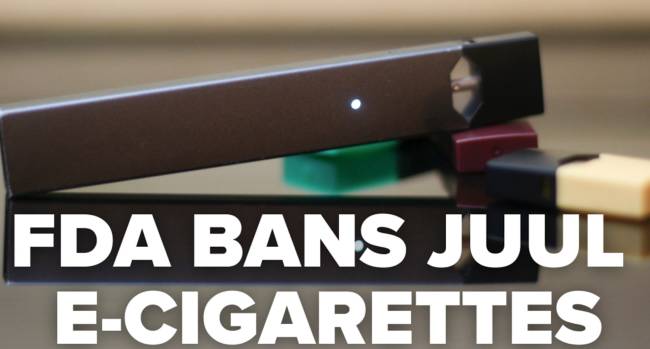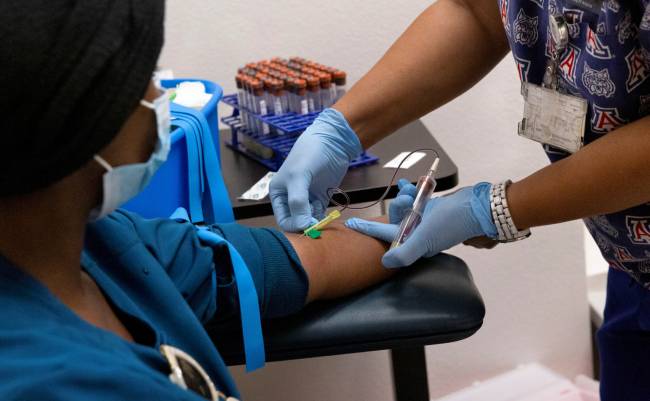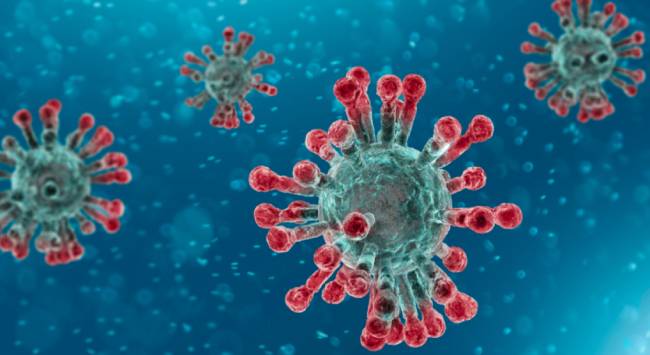Understanding Different Approaches to Mathematics
Mathematics education is a cornerstone of modern learning, playing a crucial role in developing critical thinking and problem-solving skills. From early childhood through advanced studies, the way we teach and learn math shapes our ability to navigate the world. The diversity in teaching methods reflects the complexity and richness of the subject itself. Different approaches … Read more









